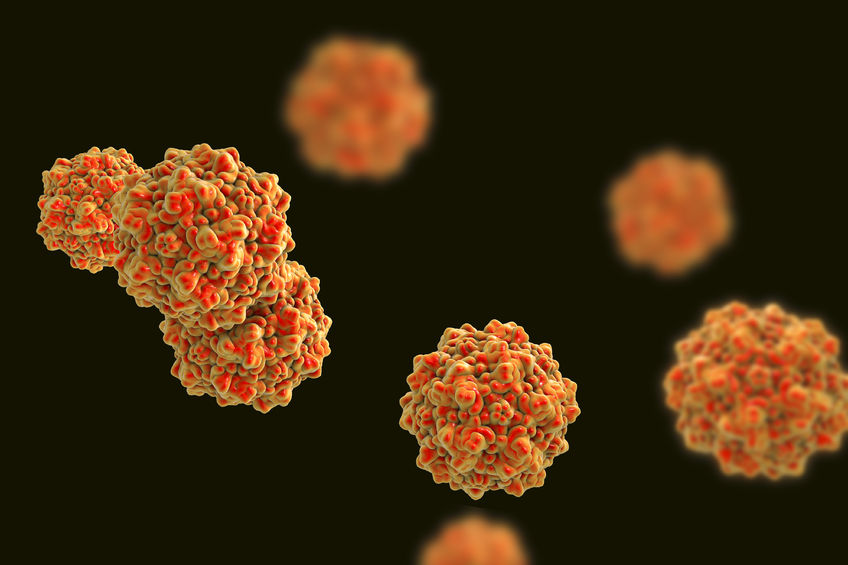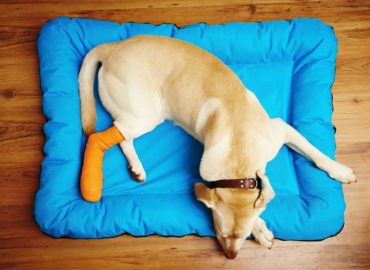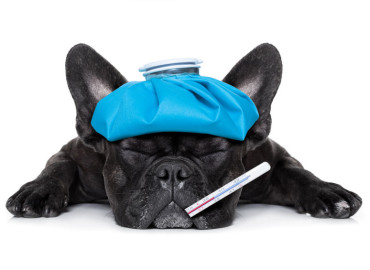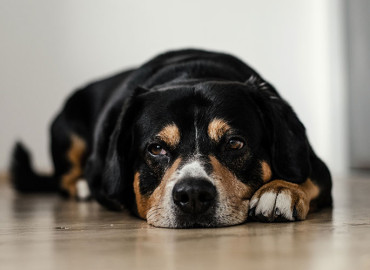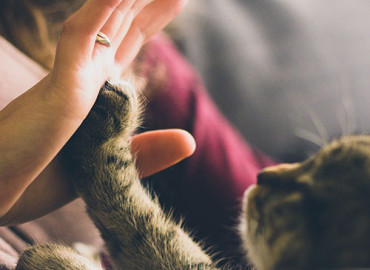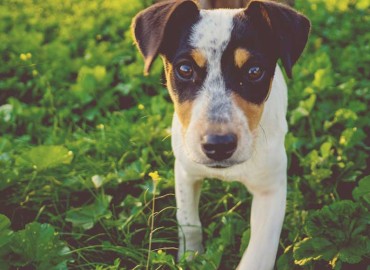Parvo the mutant rises
The Mutant Virus that Refuses to Die
Despite decades of attempted eradication, veterinarians to this day still struggle with the severe disease caused by parvovirus in dogs and cats. Parvoviruses, unlike most viruses, survive amazingly well in the outside environment and are highly resistant to disinfection. Virus particles in soil can remain “infective” for up to a year.
Canine Parvovirus
Up until the 1970s canine parvovirus (type 1) only caused moderate disease in pups. The emergence of variant canine parvovirus-2 (CPV-2) in 1978 decimated dog populations worldwide. The virus caused a severe haemorrhagic gastroenteritis (bloody vomiting and diarrhoea), immunosuppression, dehydration and, if untreated, death especially in pups and older dogs. Parvoviruses infect and kill the rapidly dividing cells of the intestines and bone marrow. Soon after the virus split into two variants CPV-2a and CPV-2b. Fortunately a protective vaccine was developed and, when used correctly, limits disease to unvaccinated dogs and pups.
The Mutant Rises
A new variant, CPV-2c, first appeared in Italy in 2000, the USA in 2005 and then Australia in 2015. It causes similar symptoms but, concerningly, most reported cases are occurring in vaccinated dogs. The Australian Veterinary Association has sent emails to all vets stating that current vaccines should provide “adequate protection” and that “the clinical signs are typically milder than in unvaccinated dogs”.
A recent article in Viral Immunology [30, no.5, 2017] states that “CPV-2c is reportedly more commonly associated with disease in adult dogs and in dogs that have completed vaccination schedules” and that “clinicians need to preserve parvoviral infection in their list of differential diagnoses for acute gastrointestinal disease, regardless of age, vaccination status and severity of disease”.
Outbreak Locally?
Once again parvovirus has been detected locally. Further testing to identify the variant is proceeding but worryingly the affected dog was fully vaccinated. Milton Village Vet advises that all puppies should be isolated at home until fully vaccinated ie no walks or dog parks. Incompletely vaccinated adults who did not complete puppy shots or get their first yearly vaccine should be promptly vaccinated. Owners of fully vaccinated dogs that develop symptoms of vomiting or diarrhoea, especially if bloody, should isolate their pet and contact the hospital to have their faeces tested for the presence of parvovirus. Sadly, we can no longer presume that our relative isolation is immunoprotective.
